
Holiday weight gain is common every winter when the holidays approach. No matter what kind of yuletide celebrations you’re planning this year, there’s a good chance your family traditions will include food – and lots of it. From holiday cookies and festive treats to carb-loaded feasts, the winter holidays are brimming with potential diet disasters.
Add larger meals, holiday treats being passed around the office, and endless snacks to the sedentary lifestyle most of us adopt during the colder months, and it’s easy to see the problem. This is not a great combo, and it’s why many of us pack on some extra pounds over the holidays.
The truth is, studies have backed this up – that humans in Western societies tend to put on weight between November and January. Fortunately, there are ways you can avoid excessive holiday weight gain, with a little extra planning.
1. Avoid Holiday Weight Gain by Staying Active Throughout Winter Instead of Hibernating
Regular exercise helps to burn calories, build muscle, shed fat, and support the digestive system.
Unfortunately, during the winter months, many of us have a natural inclination to be less active. We prefer to spend our time hibernating on the sofa, rather than hitting the gym. When the temperature drops, it’s tempting to spend your days in front of the television, watching old Christmas movies and eating a few extra snacks.
Finding reasons to regularly get up and move your body will not only improve your chances of losing weight, but it also gives you an excuse to get away from the selection boxes and endless food sources that seem to build up around Christmas time. Research even shows exercising can help to control your appetite, so you’re less likely to over-indulge on big meals.
The easiest way to make sure you stay active, is to plan some winter activities designed to get you moving. Schedule a snowshoeing trip with some friends. Book a regular family walk into your day, where you take your kids out to see some Christmas lights, or enjoy a festive parade. You could even consider signing up for a festive fundraiser, such as a charitable walk or run. Or, take the family ice skating.
Committing to taking part in activities like these will encourage you to train regularly all throughout the holiday season.
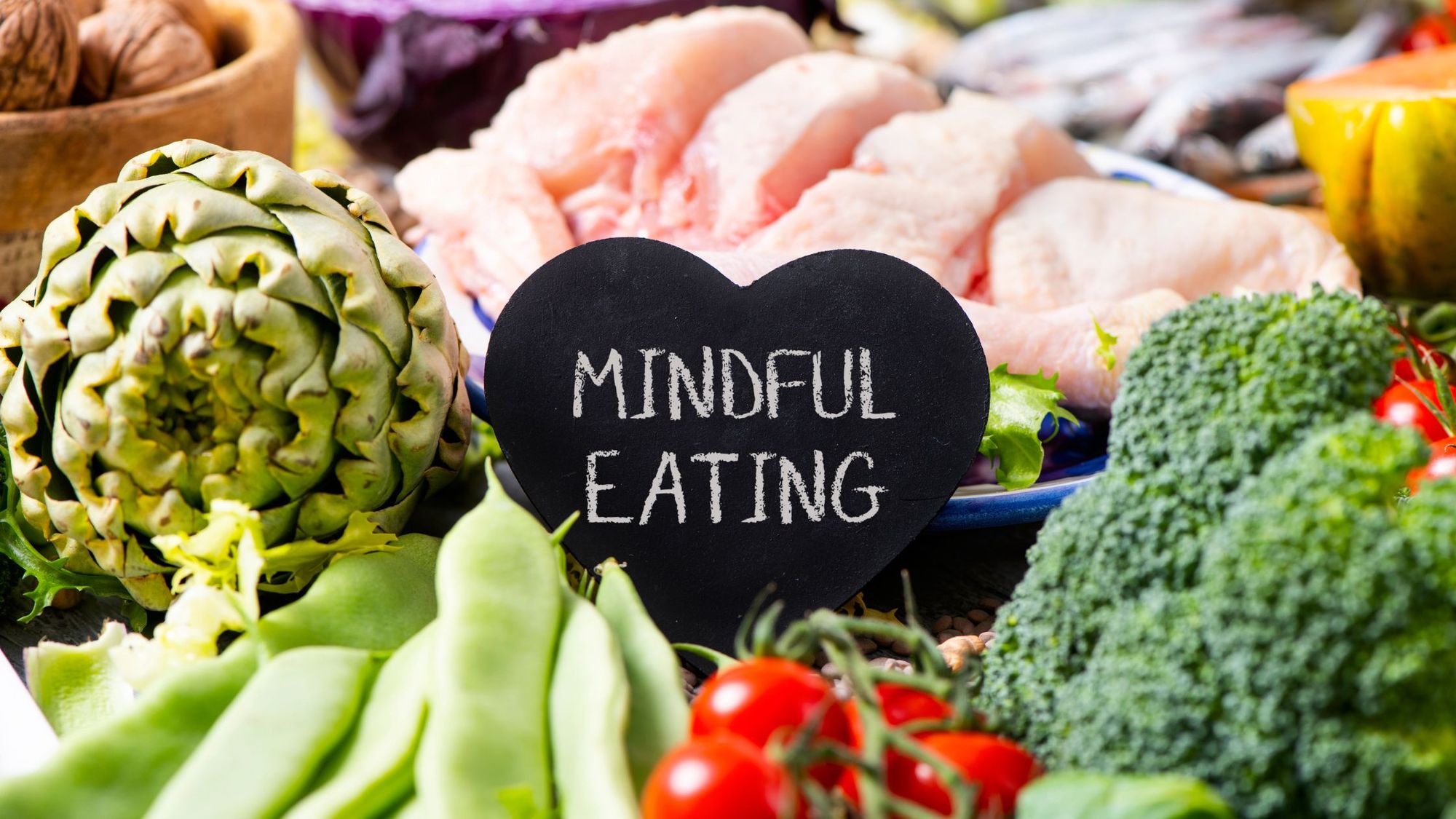
2. Practice Mindful Eating
One of the main causes of excessive holiday weight gain is mindless eating in front of the TV on cold winter nights. There’s a good chance you’ll have lots of food simply laying around your house during the festive period, from sweet treats that were gifted to you, to leftovers from big holiday feasts. When you’re rushing through your to-do list, it’s easy to unconsciously grab a handful of chocolate or salty snacks without thinking.
Practicing mindful eating can ensure you don’t accidentally overindulge. Try planning meal times throughout the day, and lock your snacks out of sight so you’re not tempted to eat them when focusing on other things. When you do eat, chew slowly. This will give your brain time to recognize your body’s signals for fullness.
Other ways to practice mindful eating can include:
· Eliminating distractions when you eat: Don’t leave your favorite Christmas movie running when you’re eating a big meal. Instead, focus on eating, and enjoying the food. This will mean you’re less likely to eat more than you need.
· Controlling portion sizes by being intentional about your serving size: Rather than filling a huge plate with all of your favorite foods, choose a smaller plate, and add a small amount of each item into the mix. After you’re done, give yourself a moment to determine whether you really want to go back for seconds.
· Switching out your snacks: If you know you’re often tempted to snack during the festive period, make healthier snacks more accessible. Lock cookies and cakes away, and make platters of carrots, celery, and fresh veggies with dips instead.
3. Keep Yourself Accountable or Find an Accountability Buddy
Finally, it’s worth making sure you have the right attitude heading into the holiday season. It’s easy to tell ourselves we’ll simply lose weight in the new year, or start a diet as part of our New Year’s resolution. However, the reality is most of us don’t stick to the weight loss goals we set during the winter months. Keeping yourself accountable will help to minimize your risk of holiday weight gain.
Start by setting realistic goals. Recognise the fact you’re likely to gain weight during the holidays, but commit to making sure the issue doesn’t go too far. Weighing yourself regularly can help to remind you of your weight loss goals, and prompt you to act if you notice the scales tipping.
Set specific guidelines for how you’re going to eat during the holidays too. Have a clear line in place for how much you’re going to allow yourself to indulge.
If you’re struggling to keep yourself accountable on your own, it could be helpful to set up a buddy system. Ask your friend, family member, or partner to check in with you each day about your eating habits, throughout the season.
Or, find an accountability buddy in the form of a friend who agrees to schedule weekly workouts or winter activities with you. This is probably going to be a like-minded friend who also wants to avoid holiday weight gain.
Check out this article on why finding an accountability buddy is the key to avoiding holiday weight gain.
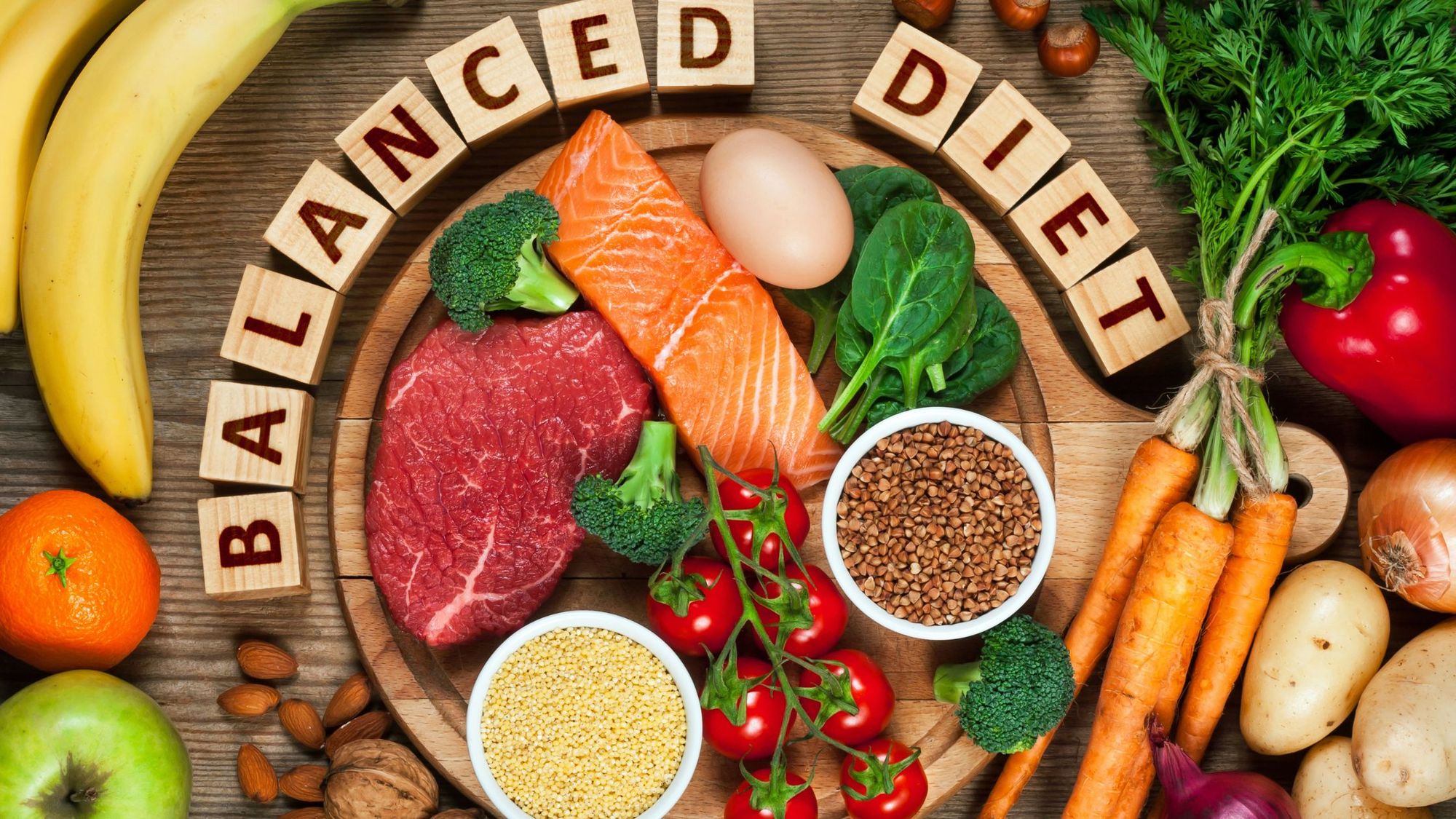
4. Maintain a Balanced Diet
Many holiday meals are brimming with simple carbohydrates, but they don’t feature a lot of other crucial nutrients, such as protein, fiber, and vitamins. When planning your festive meals, make sure you aim for balance. If you’re going to have a large pile of mashed potatoes for your holiday feast, match it with plenty of fresh vegetables, and protein.
Eating protein with meals can help to promote fullness, and reduce your calorie intake, according to studies. Protein also helps to turbo-charge your metabolism, and increase your levels of appetite-reducing hormones. When choosing your protein, opt for lean, low-fat options, such as chicken and turkey without the skin, fish, and beans or quinoa.
Adding plenty of fiber to your foods is helpful too. Increasing your fiber intake will help you to feel fuller, and studies have shown that increased dietary fiber can also reduce total calorie intake. Consider eating the meat and vegetable portions of your meals first, before you go on to sweet treats, desserts, and other nutrients.
While you’re working on your balanced diet, watch out for common holiday weight gain culprits such as:
· Desserts: The holiday season can be an excellent time to indulge in some extra sugary treats, but it’s important to make sure you don’t over-do it. Excessive sugar can often lead to weight gain, and make it harder to recognize when you’re full. Give yourself permission to eat a certain number of desserts each day, and keep portion sizes small.
· Liquid calories: Don’t forget to add what you drink to your calorie intake. Alcohol, soda, hot chocolate, and many other beverages can quickly contribute to weight gain. Try switching some of your drinks out for simple water, particularly when you’re eating. Drinking plenty of water before a meal can help you to feel full faster.
5. Plan Ahead
Having a clear plan of action can be an excellent way to reduce your risk of holiday weight gain. Start by creating a food plan for each week, where you outline the key meals you’re going to eat each day. This will give you an opportunity to look for ways to reduce your calorie intake.
For instance, if you know you’re going to be cooking a big holiday meal, try making some changes to the preparation process, such as:
· Replacing sugar with low-calorie substitutes for baking and adding dried fruit instead of chocolate chips and candies to pastries.
· Flavoring dishes with spices and fresh herbs instead of butter, and removing high-calorie options from your menu, such as potatoes made with heavy cream.
· Using different cooking methods such as steaming, grilling, and baking instead of frying.
· Replacing calorie-laden drinks with water, flavored with freshly squeezed lemon and lime, particularly on days when you’ll be eating a lot.
Planning ahead can also help you to prepare for events where there might be a lot of food present. For instance, if you know you’re going to be attending a party with a buffet-style menu, commit to only eating a single plate of food, rather than constantly going back for seconds and thirds.
If you know all of the foods available at a certain event are going to be high in calories, you can also consider bringing your own foods into the mix instead. Ask party hosts whether they mind you bringing your own healthy meal.
6. Manage Your Stress Levels
Over-eating during the festive period isn’t just a side effect of excessive temptation. Keeping up with the demands of the holidays can also be stressful. The more stress we feel, the higher our cortisol levels rise, which can also contribute to greater food intake.
People experiencing high levels of stress can also be more tempted to eat “comfort” foods, such as sweets and carbs, which can exacerbate weight gain.
With this in mind, look for ways to keep your stress levels to a minimum. Dedicate some time to yourself each day, when you can relax, unwind, and simply “slow down” for a short period. You can use exercise to battle both stress and weight gain at the same time, by increasing your endorphin levels. Or you can opt for something simple, such as deep breathing and meditation.
A good way to manage both your stress and your weight during the holiday months, is to ensure you get plenty of sleep. Getting the right amount of sleep will help you to manage your emotions. Plus, people who don’t get enough sleep tend to be hungrier, and consume more calories.
No matter how hectic the holidays get, try to ensure you’re consistently getting 7-9 hours of sleep each night.
Avoiding Excessive Holiday Weight Gain: The Bottom Line
The reality is that most of us will gain a little bit of weight over the holiday season, but you can limit how much, as that’s within your control.
You don’t have to resign yourself to excessive holiday weight gain, just because there are more temptations to battle throughout the holidays and less opportunities to be active. You can find an accountability buddy this winter and make your own opportunities to be active. You could even meal prep with your accountability buddy, or be strong and accountable to yourself. Make sure you have a plan of action in mind, and set yourself up for success.
A great way to make sure you have a tailored plan for your weight management strategy, is to use your CircleDNA test results to guide you.
CircleDNA is an at-home DNA test that provides you with lots of health insights, including the optimal exercise program for you, based on your genetic strengths and weaknesses and your genetic body type. It’ll help you find out which types of physical activities suit you best, and the more often you do them, the less likely you are to succumb to holiday weight gain.
References:
- NCBI: The effect of holiday weight gain on body weight
https://pubmed.ncbi.nlm.nih.gov/24662697/ - NCBI: Acute and Chronic Effects of Exercise on Appetite, Energy Intake, and Appetite-Related Hormones: The Modulating Effect of Adiposity, Sex, and Habitual Physical Activity
https://www.ncbi.nlm.nih.gov/pmc/articles/PMC6164815/ - NCBI: A high-protein diet for reducing body fat: mechanisms and possible caveats
https://www.ncbi.nlm.nih.gov/pmc/articles/PMC4258944/ - NCBI: Dietary fiber and weight regulation
https://pubmed.ncbi.nlm.nih.gov/11396693/ - NCBI: Stress may add bite to appetite in women: a laboratory study of stress-induced cortisol and eating behavior
https://pubmed.ncbi.nlm.nih.gov/11070333/ - NCBI: Sleep and obesity
https://www.ncbi.nlm.nih.gov/pmc/articles/PMC3632337/


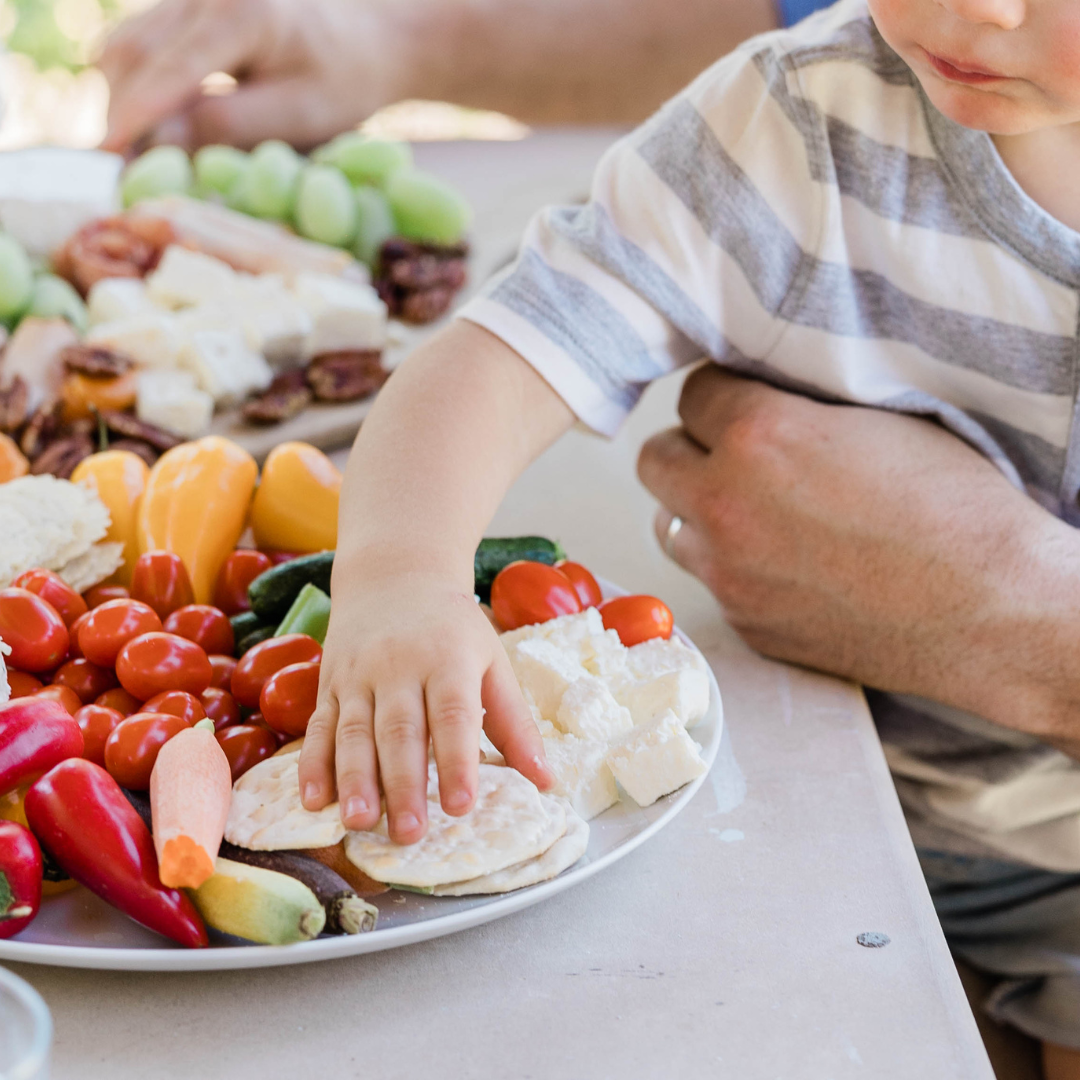

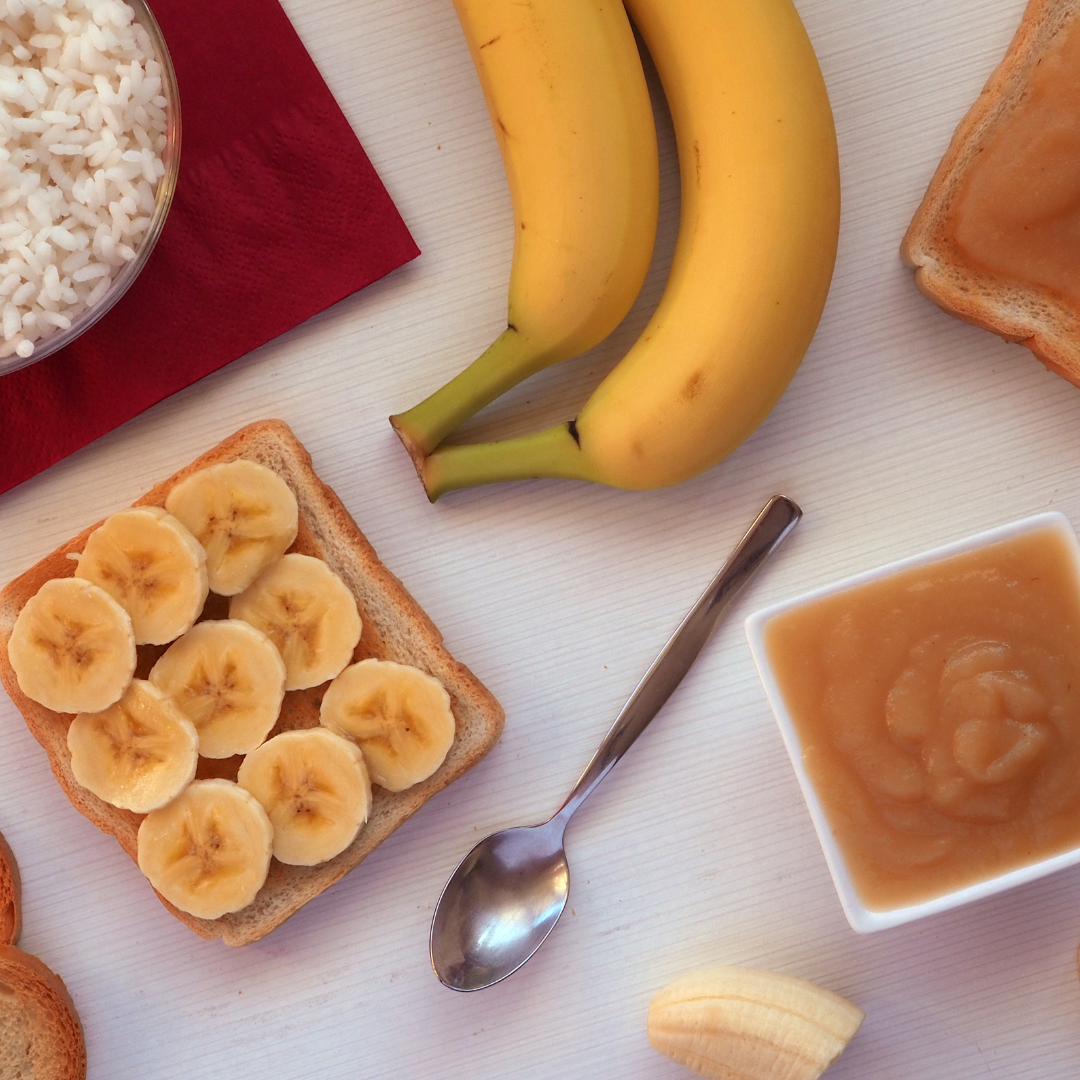

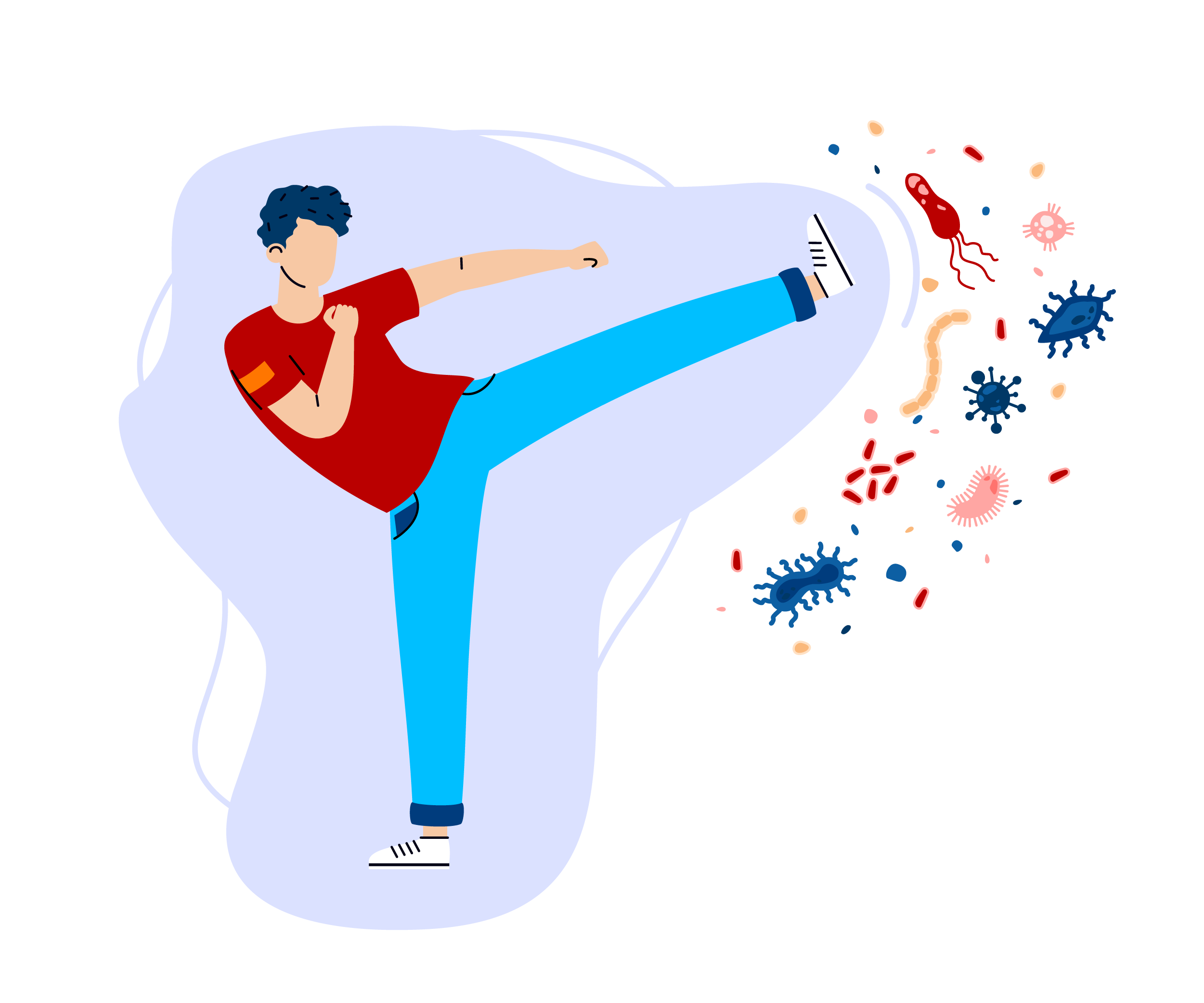
This Post Has One Comment
Comments are closed.